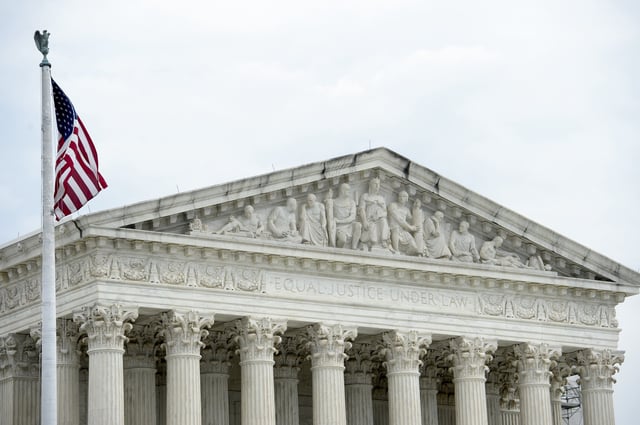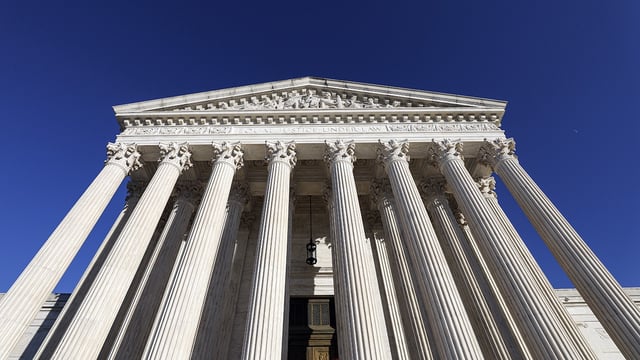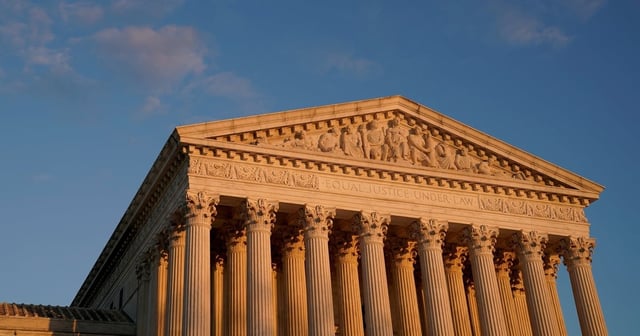Overview
- By a 6-3 vote, the justices reversed a Fifth Circuit decision and allowed Gutierrez to pursue a federal civil rights lawsuit challenging Texas’s DNA testing procedures.
- Justice Sonia Sotomayor wrote that Gutierrez’s suit is indistinguishable from Reed v. Goertz, with dissenters Alito, Thomas and Gorsuch warning it could undermine standing requirements.
- Gutierrez, convicted under the law of parties for the 1998 robbery and stabbing of Escolastica Harrison, maintains he never entered her home and that DNA tests would confirm his claim.
- Texas courts blocked his 2011 DNA testing request and the Fifth Circuit ruled that even a favorable ruling would not compel prosecutors to release the evidence.
- The Supreme Court granted stays of execution in June 2020 and July 2024, enabling Gutierrez’s ongoing efforts to access forensic samples that he says could exonerate him.



